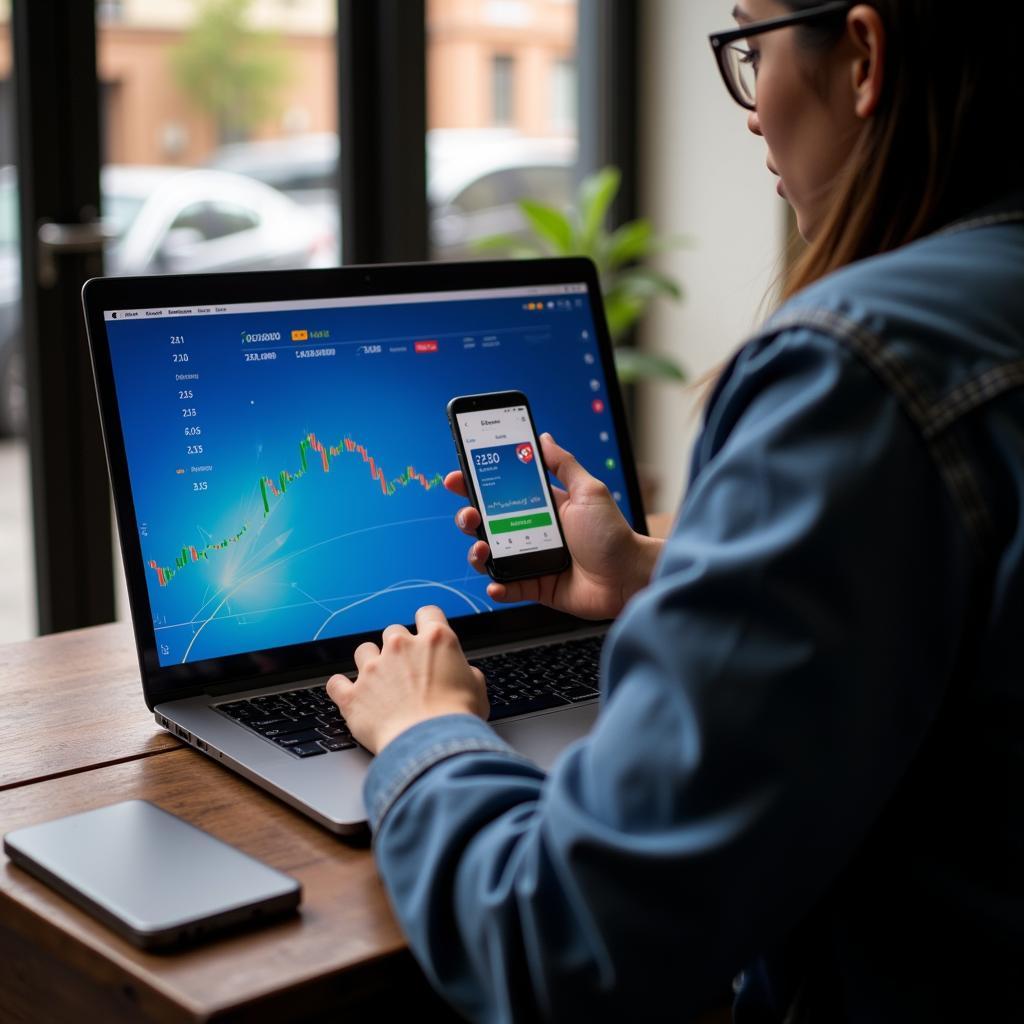African Currency Rate Today: A Comprehensive Guide
Understanding the current exchange rates for African currencies is crucial for anyone traveling to the continent, investing in African markets, or sending money to loved ones. The diverse economies and financial landscapes across Africa result in a dynamic currency market that fluctuates daily. This guide provides a detailed overview of African currency rates today, factors influencing their value, and essential tips for navigating these financial waters.
Factors Influencing African Currency Rates
The value of African currencies, like any other global currency, is influenced by a multitude of factors, including:
- Commodity Prices: Many African economies heavily rely on exporting raw materials like oil, gold, and agricultural products. Fluctuations in global commodity prices directly impact these nations’ currencies.
- Political Stability and Governance: Political stability is paramount for a thriving economy. Countries experiencing political turmoil or uncertainty often see their currencies weaken due to reduced investor confidence.
- Economic Performance: Strong economic growth, reflected in indicators like GDP and employment, generally leads to a stronger currency. Conversely, economic downturns can weaken a currency’s value.
- Inflation: High inflation erodes the purchasing power of a currency, often leading to depreciation in the foreign exchange market.
- Interest Rates: Central banks across Africa set interest rates to manage inflation and stimulate economic growth. Higher interest rates tend to attract foreign investment, potentially strengthening the local currency.
- Debt Levels: High levels of government debt, especially external debt denominated in foreign currencies, can put downward pressure on a country’s currency.
Navigating the African Currency Market
 Trading African Currencies Online
Trading African Currencies Online
Whether you’re a seasoned investor or a first-time traveler, understanding the nuances of the African currency market can save you money and prevent financial headaches.
- Stay Updated: Keep abreast of the latest currency rates using reliable online resources, financial news websites, or mobile applications. Many banks also provide currency exchange information through their websites or apps.
- Shop Around for Exchange Rates: Exchange rates can vary significantly between banks, exchange bureaus, and hotels. Compare rates from different providers to ensure you receive the best possible value.
- Beware of Hidden Fees: Some currency exchange services may charge commissions or transaction fees. Inquire about all potential charges before exchanging your money.
- Consider Using Local ATMs: Withdrawing local currency from ATMs often provides competitive exchange rates compared to traditional currency exchange services. However, be mindful of any ATM fees charged by your bank or the local bank.
- Negotiate When Possible: In some instances, particularly at local markets or with smaller businesses, there may be room for negotiation on exchange rates.
“Understanding the intricacies of the African currency market is not just about getting the best exchange rates; it’s about appreciating the dynamic economic landscape of this diverse continent,” states Amina Diallo, a financial analyst specializing in emerging markets.
The Importance of Currency Awareness in Africa
Beyond individual transactions, the fluctuation of African currency rates has broader implications for the continent’s economic development:
- Trade and Investment: Stable and competitive currency rates are crucial for attracting foreign investment and promoting international trade.
- Tourism: Favorable exchange rates can make African countries more attractive to tourists, boosting the tourism industry, a significant contributor to many African economies.
- Debt Management: Currency depreciation can make it more expensive for African governments to service their external debt, potentially impacting public finances and economic stability.
Conclusion
Staying informed about African currency rates is essential for travelers, investors, and anyone engaging in financial transactions involving the continent. By understanding the factors driving these rates and adopting savvy currency management practices, you can navigate the African financial landscape with greater confidence and achieve your financial goals. For further insights and assistance, connect with our team of experts at +255768904061, kaka.mag@gmail.com, or visit our office located at Mbarali DC Mawindi, Kangaga, Tanzania. We’re available 24/7 to support your needs.
FAQs
What is the strongest currency in Africa?
The strongest currency in Africa is typically considered to be the Libyan dinar. However, it’s important to note that currency strength can fluctuate based on various factors.
Where can I find real-time updates on African currency rates?
Reliable online resources, financial news websites, mobile banking applications, and dedicated currency converter websites provide real-time or near real-time updates on African currency rates.
Is it better to exchange currency before arriving in an African country?
While exchanging a small amount before traveling can be convenient for immediate expenses upon arrival, you often get more favorable rates by exchanging currency once you are in the country.
Are credit cards widely accepted in Africa?
Credit card acceptance varies widely across Africa. While major credit cards are accepted in urban areas and tourist destinations, it’s advisable to carry local currency, particularly when traveling to rural regions.
What are some tips for managing money while traveling in Africa?
Inform your bank about your travel plans, use ATMs judiciously, keep a small amount of cash for emergencies, and negotiate prices when appropriate.
What are some resources for learning more about investing in African markets?
Reputable financial institutions, investment firms specializing in emerging markets, and financial news outlets often provide valuable insights and analysis on African investment opportunities.
How do political events impact African currency rates?
Political instability or uncertainty can lead to currency depreciation as investors become wary of potential risks. Conversely, positive political developments can boost investor confidence and strengthen a currency’s value.
We encourage you to explore these resources and learn more about the fascinating world of African currencies and their role in the continent’s dynamic economic landscape. Consider reading our articles on the African currency market and the African Bank Pretoria for more in-depth information.


